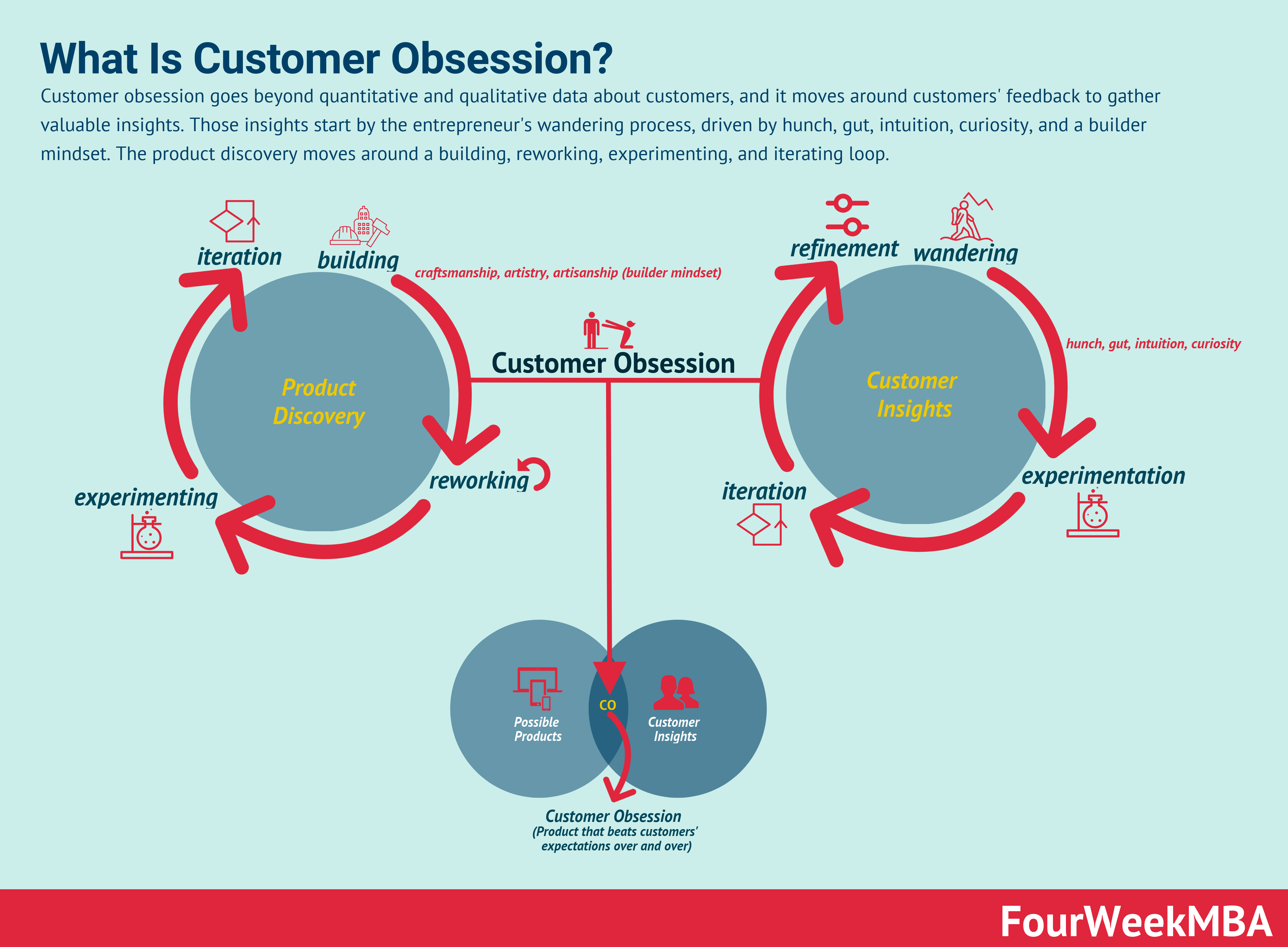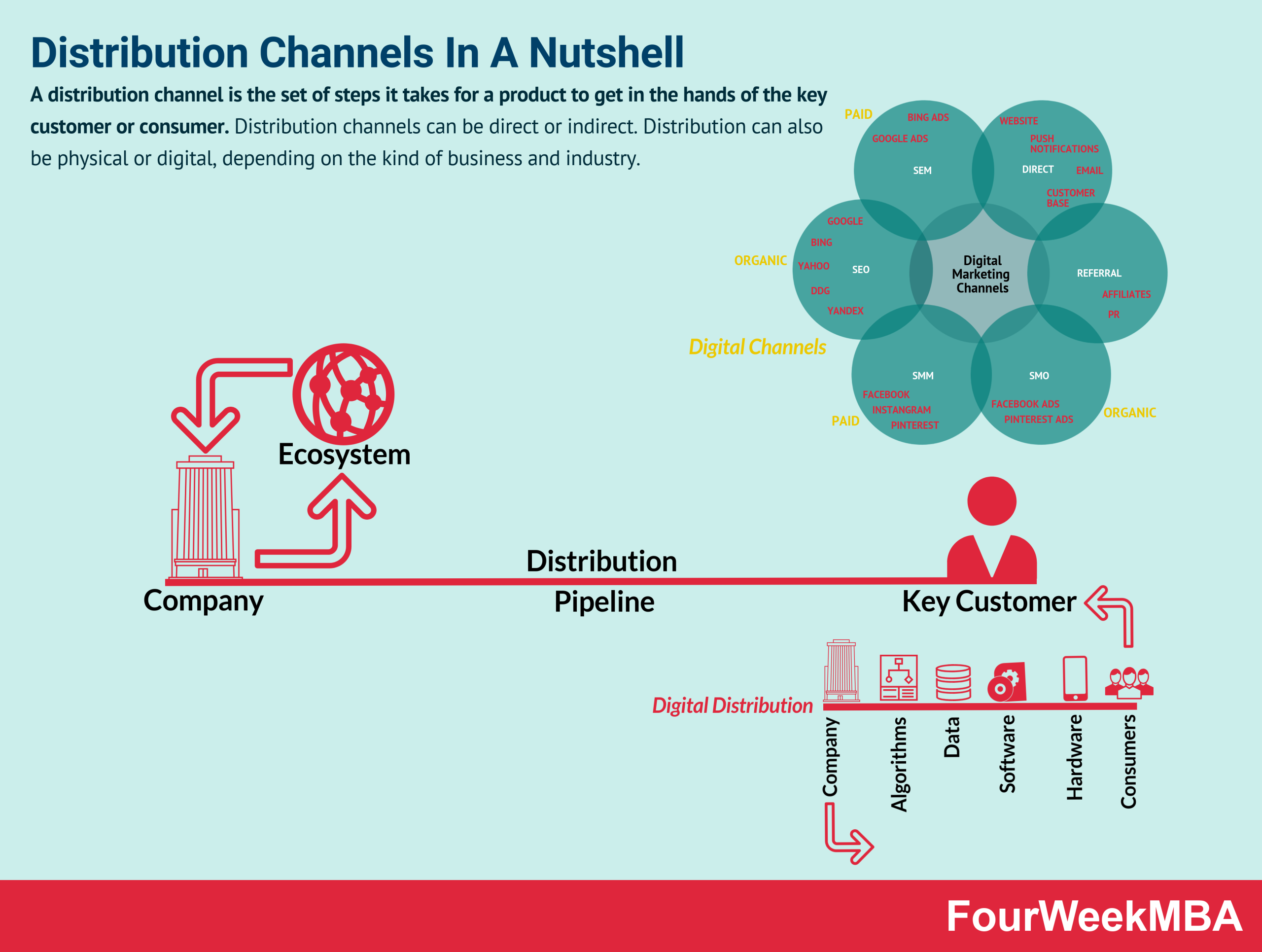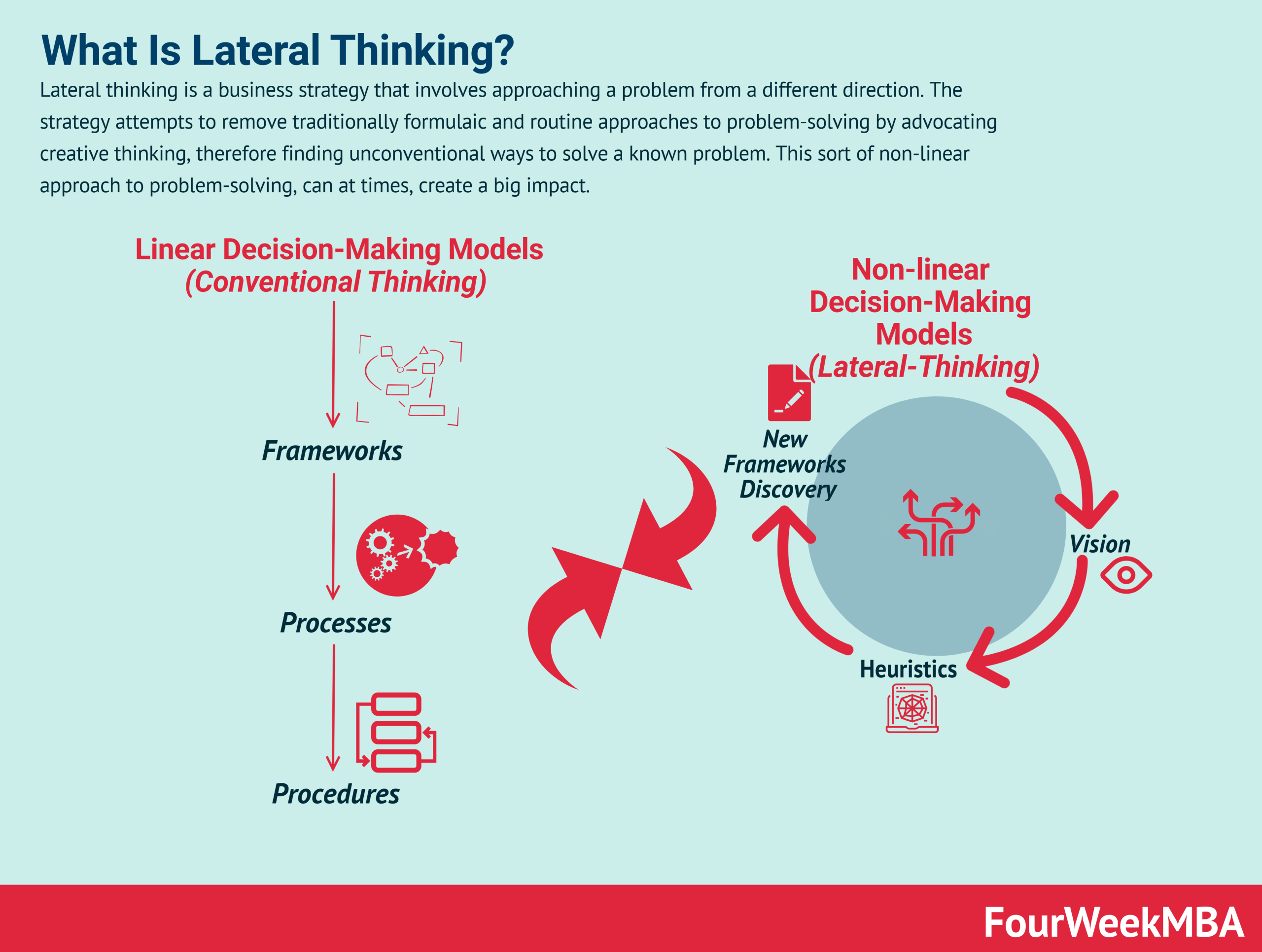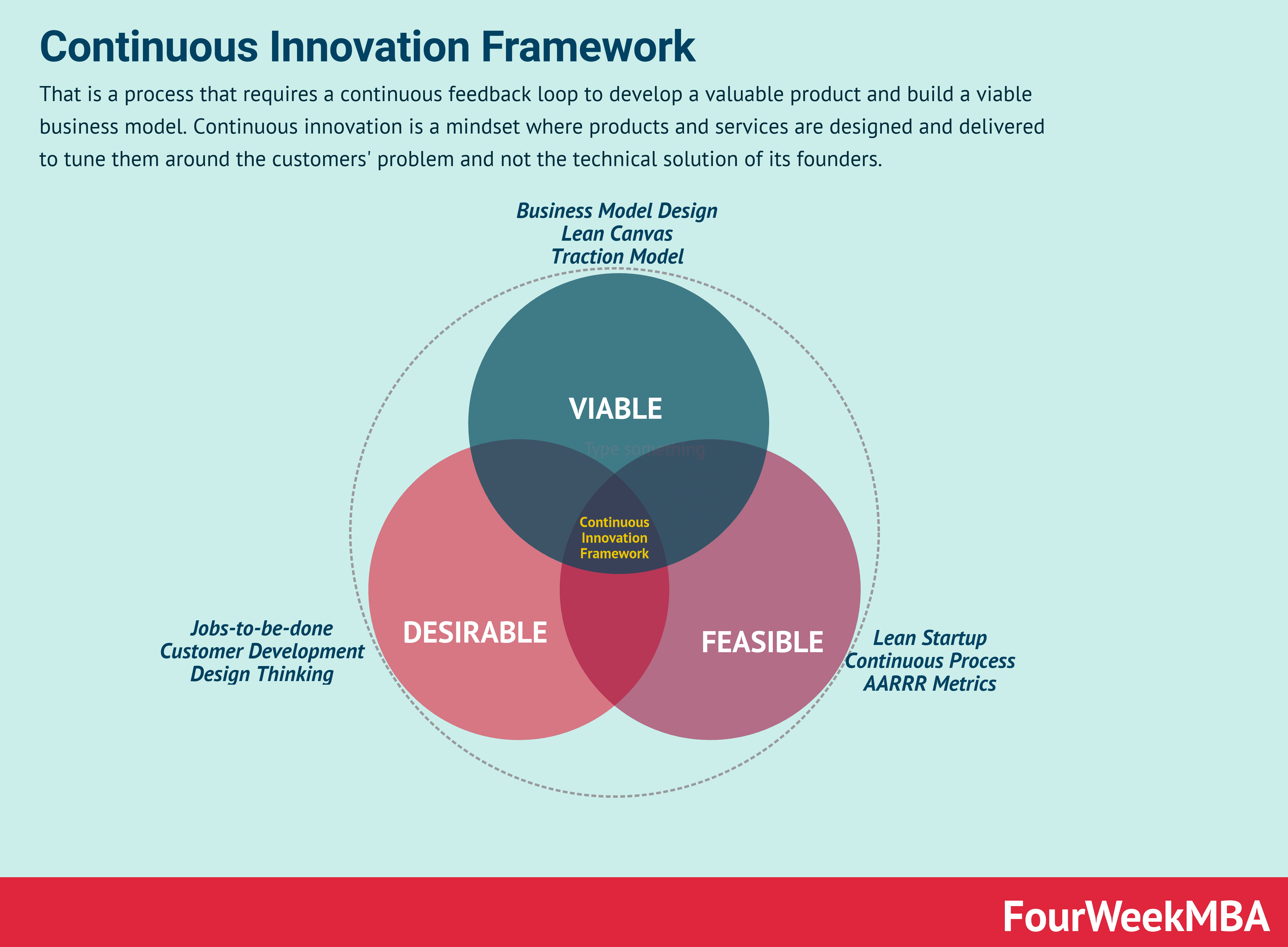At the intersection of business model strategy, technology, and business development, The Business Engineer is the only official newsletter of FourWeekMBA.com, the leading blog about business model strategy and business engineering. The blog reaches millions of business people each year.
become a business engineer - part two!
After almost a decade of research, the FourWeekMBA curriculum has consolidated around Business Engineering.
To help you kick-start your journey, grab the Growth Bundle here!
When it comes to business innovation, I believe two inexorable forces are working against each other and - at times - working with each other to shape the business landscape.
This is the essence of the Business Engineering Curriculum.
One is top-down, centralized, and controlled innovation. Where companies, institutions, and investors pour billions of dollars into developing new technologies and new markets. This force can be very powerful in specific periods.
The other - which I like to call the "reshuffling force" - is bottom-up, driven by consumer adoption. This force is more unpredictable, when it hits, it does that hard, and it quickly reshapes markets.
You create a new business landscape by combining these two forces, how they interact, and whether they work against each other or together.
It took me years to have this very simple (and, if you wish) trivial way to look at the business world. My view today moves along a few core concepts which make up the "Business Engineering Cloud."
 |
A business engineer combines the ability to deeply understand the technology (especially the underlying economic incentives/disincentives), comprehend how to distribute it, and the willingness to experiment fast and iterate to create closed customer feedback loops.
This is what the discipline looks like visually!
 |
I argue that the next step to the evolution of business innovation is that of Business Engineering, usually intended as a person using technology to build technical processes within the organization.
However, in the FourWeekMBA view, the Business Engineer is a hybrid between an entrepreneur, a customer-centered business designer, and a business analyst, able to prevent false patterns, thus growing the business with a mixture of intuition, business acumen, testing, and experimentation.
While for many, business engineering is something more technical connected to attaching technology to business processes.
To me, that is more conceptual, and it stands for an understanding of the business world that comes from various disciplines.
In fact, the business engineer borrows experimentation from business modeling:
 |
Where scientists use labs to test their hypotheses through experimentation. Entrepreneurs build business model experiments to test their business ideas in the real world.[/caption]
It borrows a customer-centered approach from design thinking:
 |
At the same time, it brings it to the next level with customer obsession:
 |
And all of that, while understanding the distribution model:
 |
And financial model:
 |
But most of all, the business engineer understands the difference between linear and non-linear thinking and knows when to apply one or the other:
 |
Indeed, the business engineer knows that in a context of continuous, linear improvement, linear thinking might work:
 |
But also how to drive breakthrough innovation:
 |
In what I like to call technological modeling or barbelling:
 |
So that business innovation isn't driven anymore in siloed departments, but the walls between product and marketing/distribution are wrecked, to create bottom-up growth.
To help you kick-start your journey, grab the Growth Bundle here!
Ciao!
With ♥️ Gennaro, FourWeekMBA
Business Engineering Printed
 |
| Business Engineering Digital Book + Workshop Here |
The Business Engineer
The Only Official Newsletter of FourWeekMBA - By Gennaro Cuofano
At the intersection of business model strategy, technology, and business development, The Business Engineer is the only official newsletter of FourWeekMBA.com, the leading blog about business model strategy and business engineering. The blog reaches millions of business people each year.